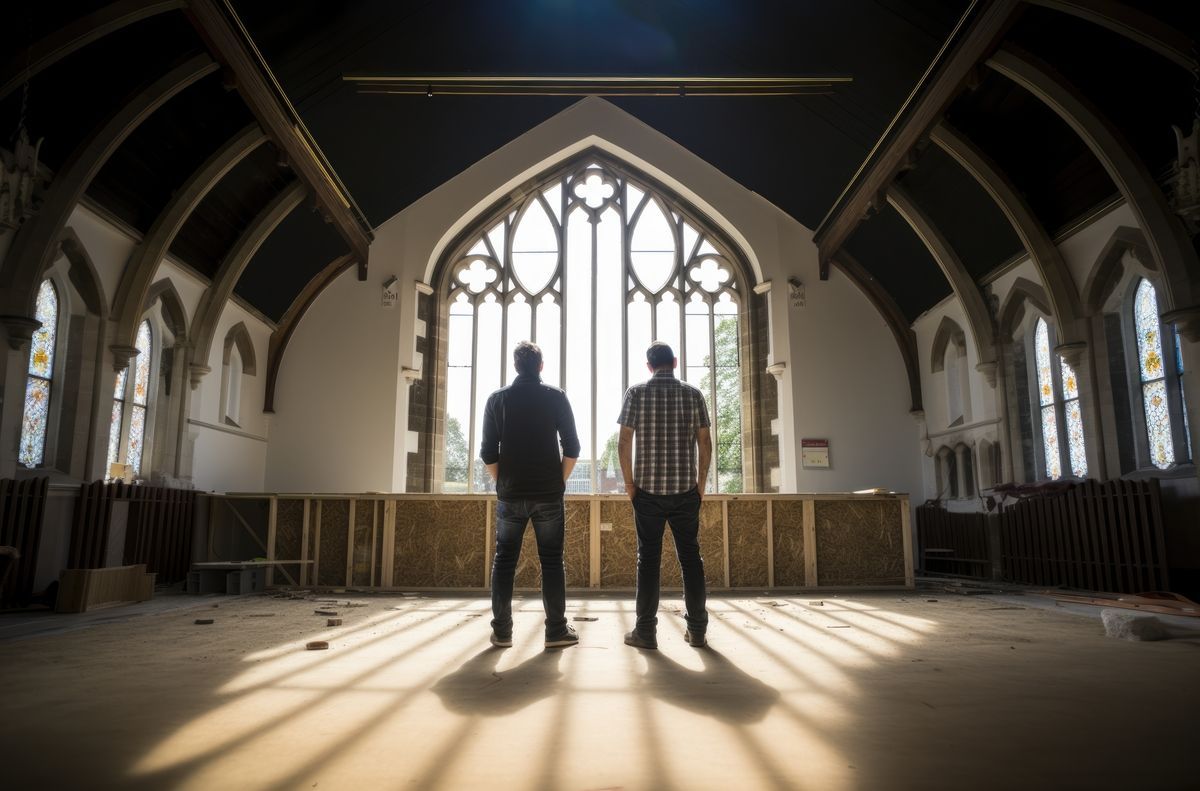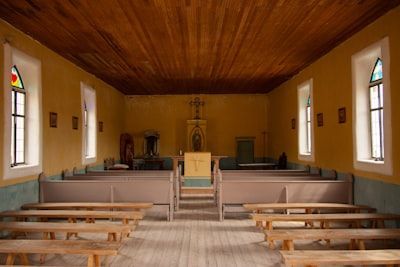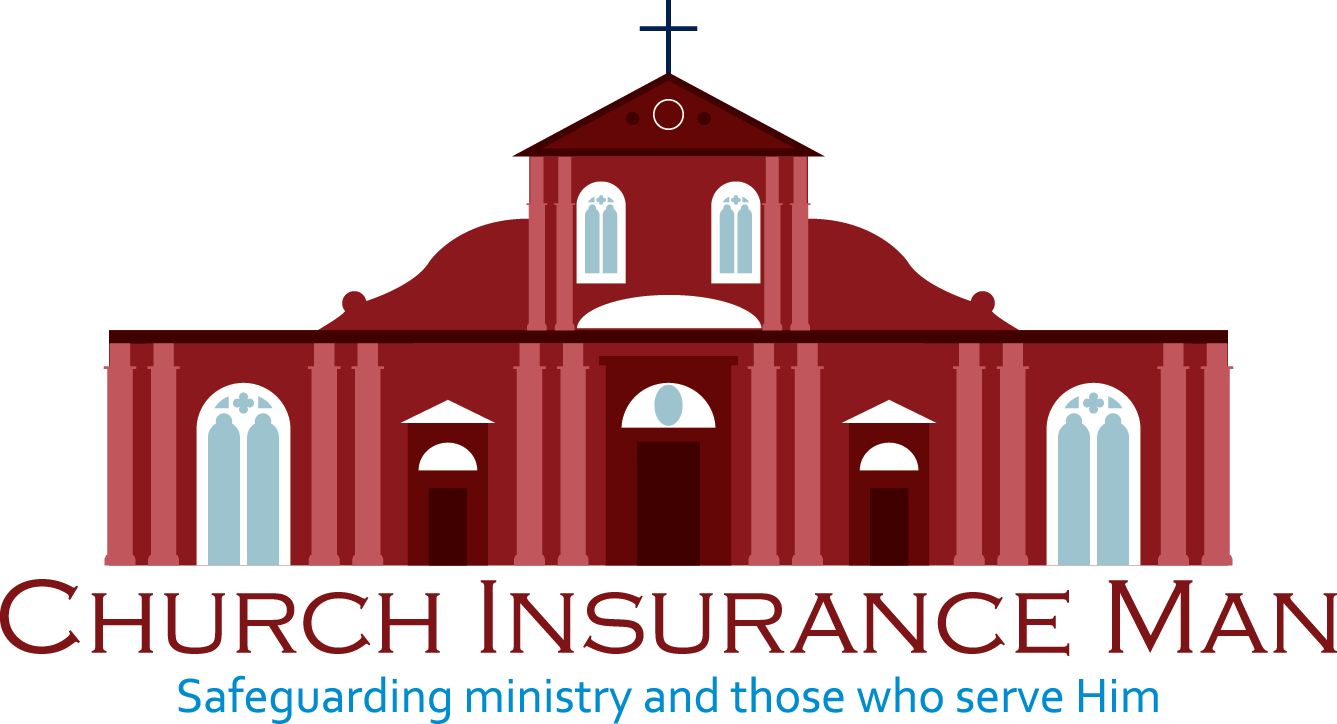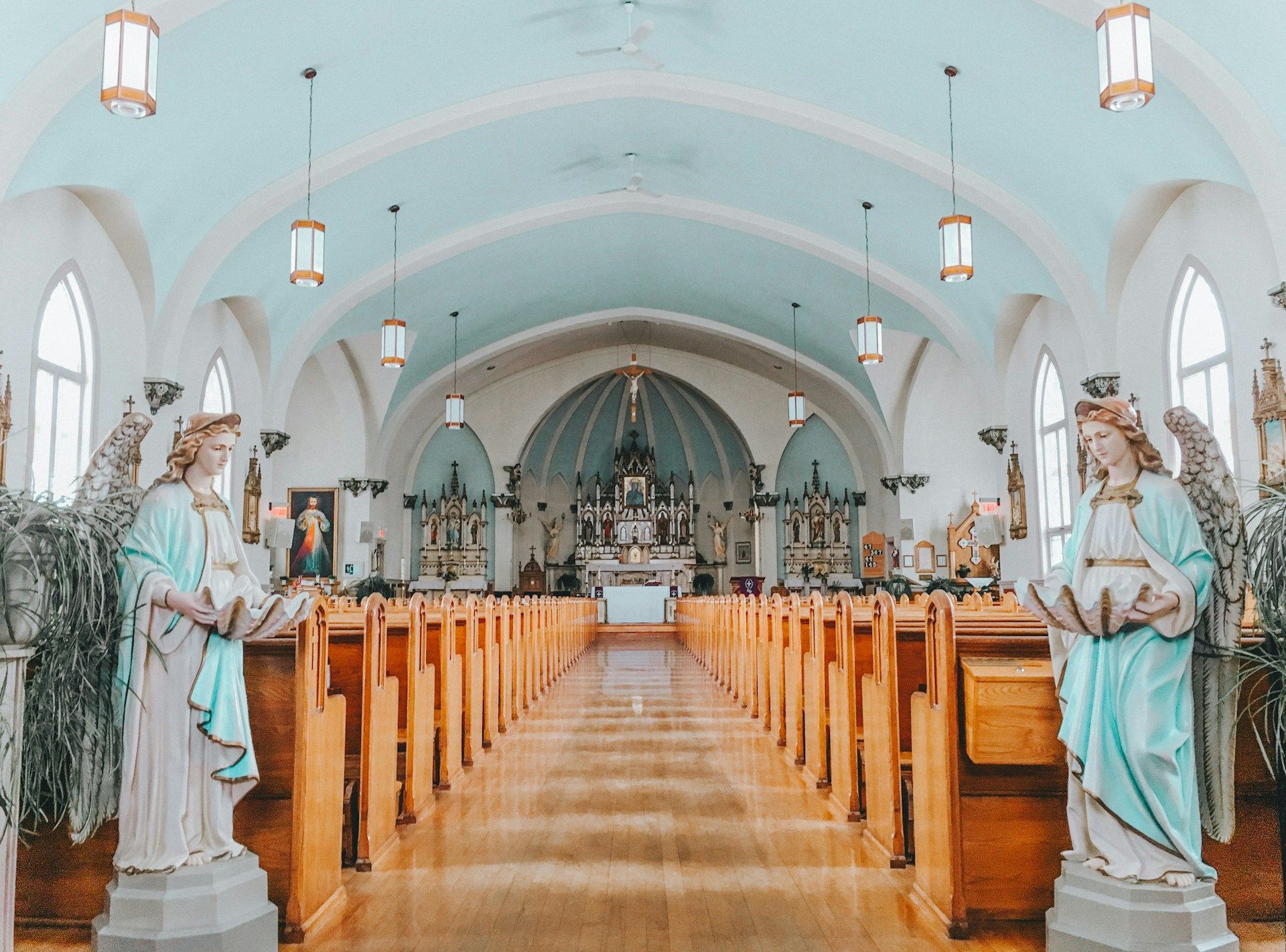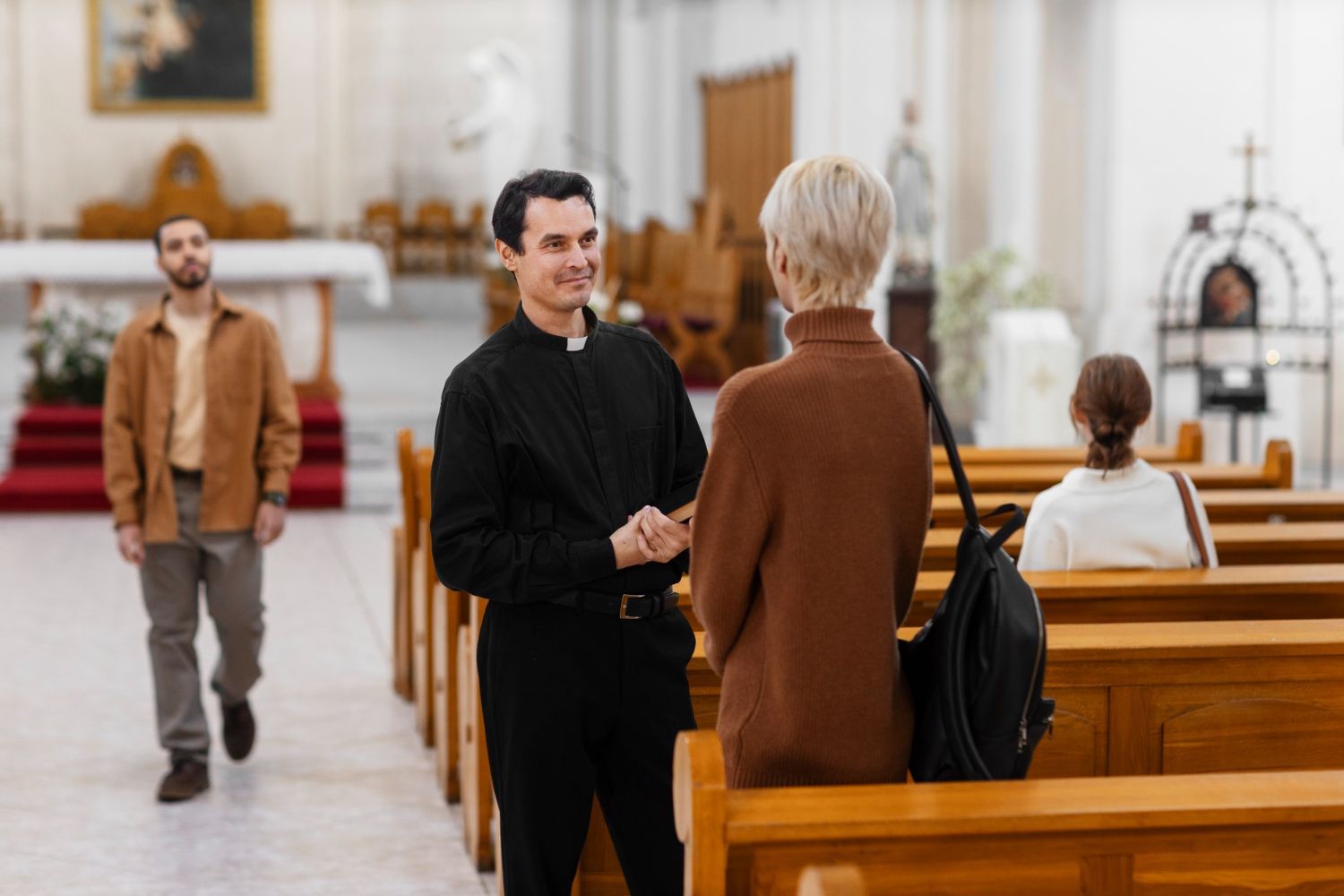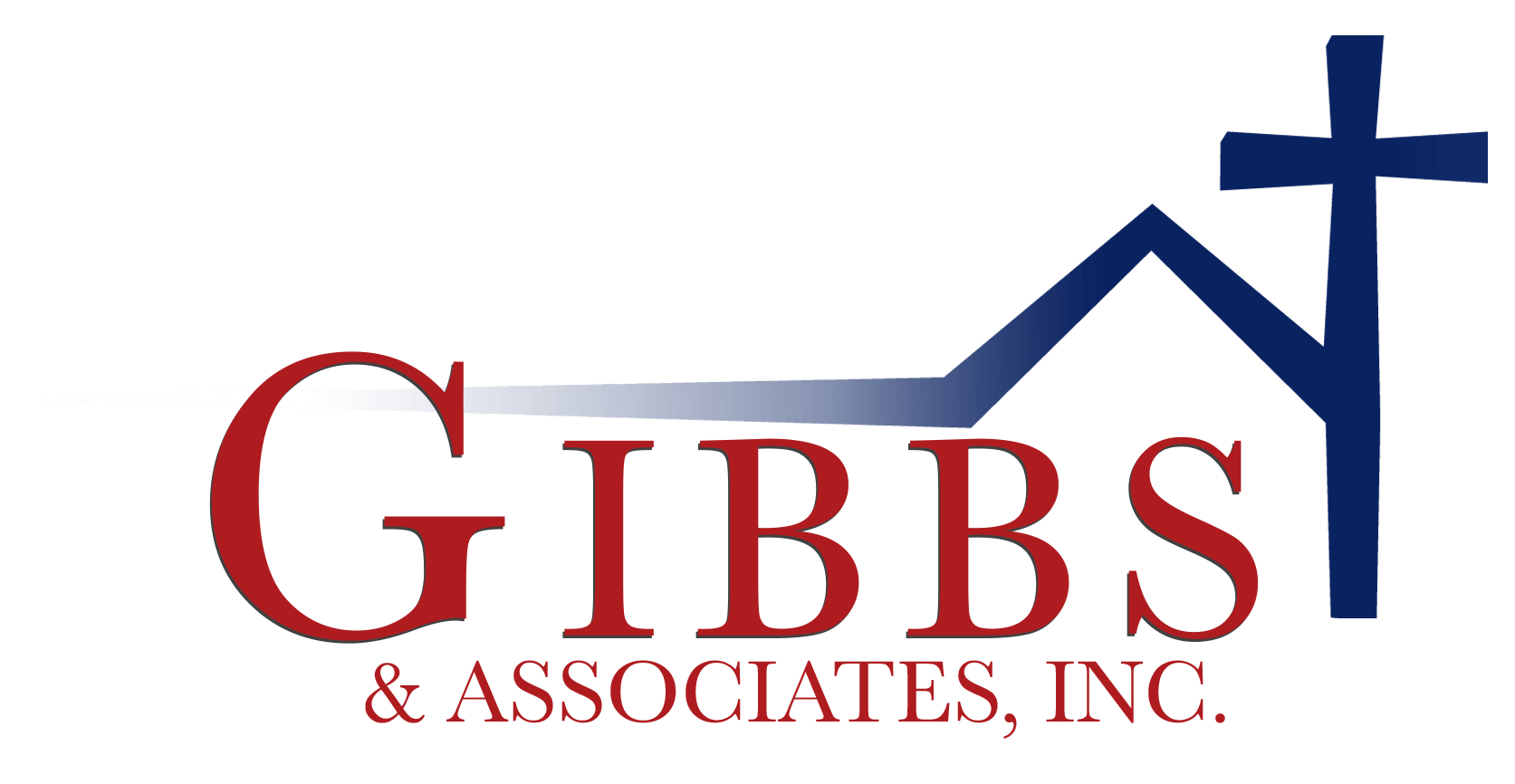Key Factors for Churches To Consider When Choosing Insurance Providers in Gainesville
Insurance is a necessary aspect of running any organization, including churches. It helps protect against unforeseen circumstances, ensuring the safety of both the church's property and its congregation. However, navigating the complex world of insurance can be daunting. Experienced church insurance providers can help guide churches through the process, ensuring they receive comprehensive coverage for their unique needs. As a church leader, it is crucial to make a well-informed decision that considers various factors when selecting an insurance provider. In this blog post, we will discuss the key elements churches should consider when choosing insurance providers to safeguard their organization.
One of the primary concerns when evaluating church insurance providers is their understanding of the unique needs and risks associated with religious organizations. Churches face specific risks that may not apply to other types of organizations, such as the protection of sacred items, the potential for abuse or misconduct claims, and the safety of parishioners during worship services or community events. Choosing an insurance provider specializing in church insurance, like Church Insurance Man in Gainesville, and deeply understanding these distinct requirements can help minimize potential gaps in coverage and ensure the best possible protection.
Customer service and claims handling are other critical aspects when selecting a church insurance provider. When a claim arises, it is important to have an insurance provider that is responsive, empathetic, and efficient in processing claims. Reading customer reviews and seeking recommendations from fellow church leaders can provide valuable insights into the claims handling process of various insurance providers.
Understanding Unique Church Needs and Risks
One of the primary concerns when evaluating church insurance providers is their understanding of the unique needs and risks associated with religious organizations. Churches face specific risks that may not apply to other types of organizations, such as the protection of sacred items, the potential for abuse or misconduct claims, and the safety of parishioners during worship services or community events. Choosing an insurance provider specializing in church insurance and deeply understanding these distinct requirements can help minimize potential gaps in coverage and ensure the best possible protection.
To ascertain whether a provider has sufficient experience and expertise in church insurance, consider asking for references from other churches they currently serve. Inquiring about cases they've managed and how they've addressed unique challenges will provide insights into their competence in handling church-specific issues.
Financial Stability of the Insurance Provider
Another important factor to consider is the insurance provider's financial stability. Ensuring that the chosen provider has the ability to meet its financial obligations is essential for the long-term security of the church. Seeking out providers with a strong financial rating and a track record of keeping their promises allows church leaders to feel confident that their insurance coverage will be there when needed.
Before selecting an insurance provider, check their financial ratings through independent agencies such as A.M. Best, Standard & Poor's, or Moody's. These ratings will objectively assess the company's financial strength and stability.
Type and Scope of Coverage Offered
Additionally, evaluating the type and scope of coverage offered by church insurance providers is crucial. Churches need coverage for various insurable risks, such as property damage, liability, workers' compensation, and cyber threats. Analyzing each provider's policy options and comparing them to the church's specific needs helps identify the provider offering the most comprehensive and suitable coverage.
Be sure to examine all policy details, including limits, exclusions, and deductibles. This will help determine if the coverage offered is adequate for the church's needs. Moreover, explore if the provider offers coverage enhancements, such as equipment breakdown coverage or additional protection for loss of income due to property damage, as these can be beneficial in the event of a loss.
Customer Service and Claims Handling
Customer service and claims handling are other critical aspects when selecting a church insurance provider. When a claim arises, it is important to have an insurance provider that is responsive, empathetic, and efficient in processing claims. Reading customer reviews and seeking recommendations from fellow church leaders can provide valuable insights into the claims handling process of various insurance providers.
To get a feel for the provider's customer service, note how they communicate and respond to inquiries. Timely and clear communication is crucial in building trust and rapport. Additionally, inquire about their claims handling process to understand their efficiency and level of support through difficult situations.
Additional Services and Resources
Some church insurance providers may offer additional services and resources beyond coverage, such as risk management consultations, employee training programs, and safety materials. These value-added offerings can contribute significantly to the church's security and preparedness.
Ask potential insurance providers about the resources they provide to clients and if they'll customize solutions to cater to your church's unique needs. These additional services can further enhance the protection and support your church receives.
Conclusion
Churches must carefully consider various factors when searching for the ideal insurance provider. By assessing providers based on their expertise in church insurance, financial stability, coverage options, customer service, and additional services, church leaders can confidently select the provider that best aligns with their organization's needs and risk factors. Remember, a well-chosen church insurance provider in Gainesville is a crucial safeguard against unforeseen events and an invaluable partner in maintaining the safety and well-being of your congregation and community.

